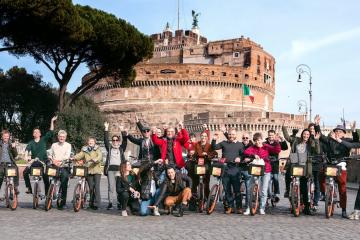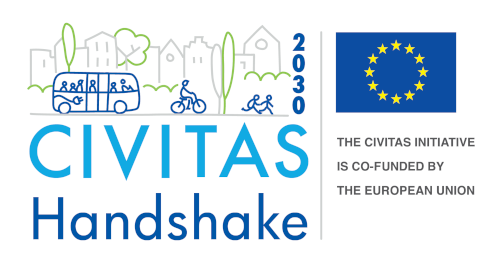About Krakow

Kraków lies in the southern part of Poland and is its second biggest city, with a population of more than 760,000 inhabitants. The post-war years ingrained the use of the private car into the consciousness of the Polish society and its decision makers, resulting in the subsequent decline of the quality of cycling infrastructure. Now, the development and modernisation of cycling infrastructure is beginning to take shape. Studies on the mobility of Cracovians show that the number of cyclists is growing and that cyclists are visible throughout most of the year.
Main cycling challenges
Cycling in Kraków is getting more and more popular, although people still regard car ownership as an indicator of success and do not yet appreciate the full value of cycling (such as its health, social and economic benefits). Cycling has also been seen more as a recreational activity. However, with strong support from the public, the challenge now is to provide high quality cycling infrastructure to allow for trips all year round.




